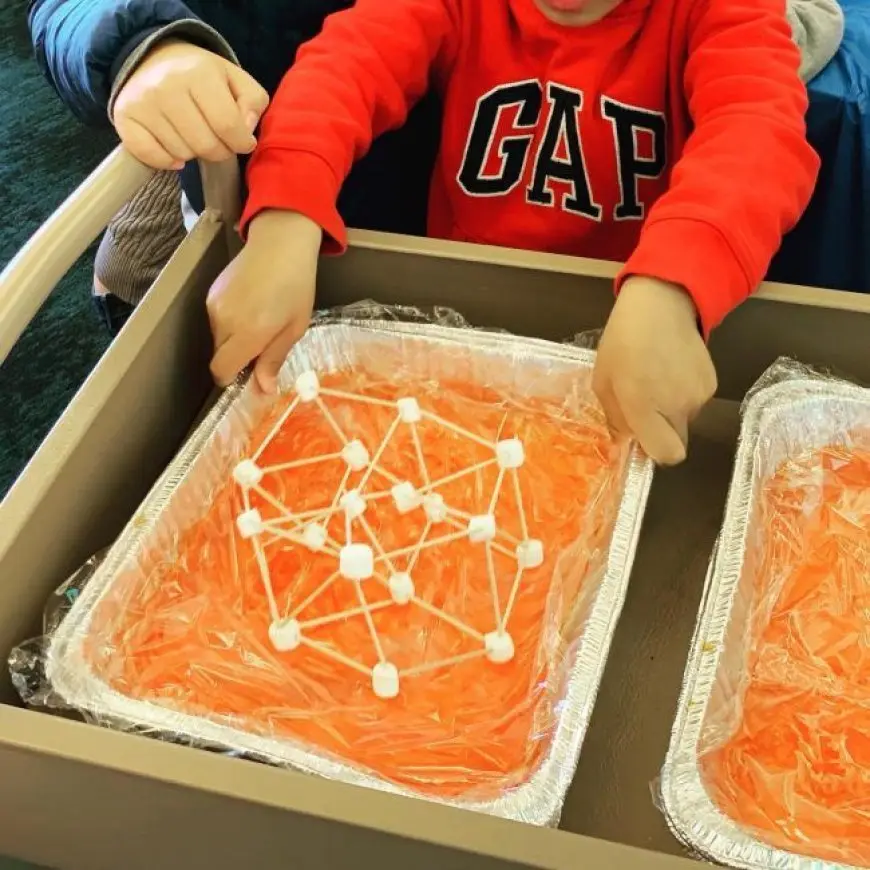The Importance of STEM Programs for Kids
The Importance of STEM Programs for Kids

STEM programs, focusing on science, technology, engineering, and mathematics, are vital for preparing children for the challenges of the modern world. By fostering curiosity, critical thinking, and problem-solving skills, these programs equip young learners with tools to succeed in both academic and real-world settings.
Introducing STEM at an early age helps spark a natural interest in how the world works. Kids are naturally curious, and STEM activities provide opportunities to explore questions, experiment, and discover answers. Hands-on projects such as building models, coding simple programs, or conducting science experiments encourage exploration and innovation.
STEM education enhances critical thinking and logical reasoning. Children learn to analyze problems, evaluate evidence, and find creative solutions. This ability to think critically is not only beneficial for academic success but also for making informed decisions in everyday life.
Engaging in STEM programs builds essential 21st-century skills, including teamwork, communication, and adaptability. Group projects teach collaboration, while presenting findings helps improve public speaking and articulation. These are transferable skills that benefit children in any career path they choose.
Exposing kids to STEM subjects early broadens their career possibilities. Many future job markets will revolve around technology and innovation. Early engagement ensures children are familiar with these concepts and confident in pursuing related fields.
STEM programs also promote inclusivity and diversity by encouraging participation from underrepresented groups. Girls, for example, often face societal barriers in pursuing STEM careers. Introducing STEM early helps break stereotypes and fosters an environment of equal opportunity.
Learning through STEM is fun and engaging. By incorporating games, puzzles, and interactive tools, these programs make learning exciting rather than a chore. When kids enjoy the process, they are more likely to stay motivated and curious about learning.
STEM education often includes practical applications, helping kids connect theoretical knowledge to real-world issues. Whether it’s understanding environmental challenges or designing a small robot, children see how their skills can make a tangible difference.
Parents and educators play a crucial role in supporting STEM learning. Encouraging participation in STEM activities, clubs, or competitions can spark lifelong interests. Providing access to resources like science kits, coding apps, or educational videos further enhances learning.
STEM programs are an investment in a child’s future. By nurturing curiosity, developing critical thinking, and building essential skills, these programs lay the foundation for lifelong learning and success. Encouraging STEM participation today ensures kids are equipped to lead in tomorrow’s world.







